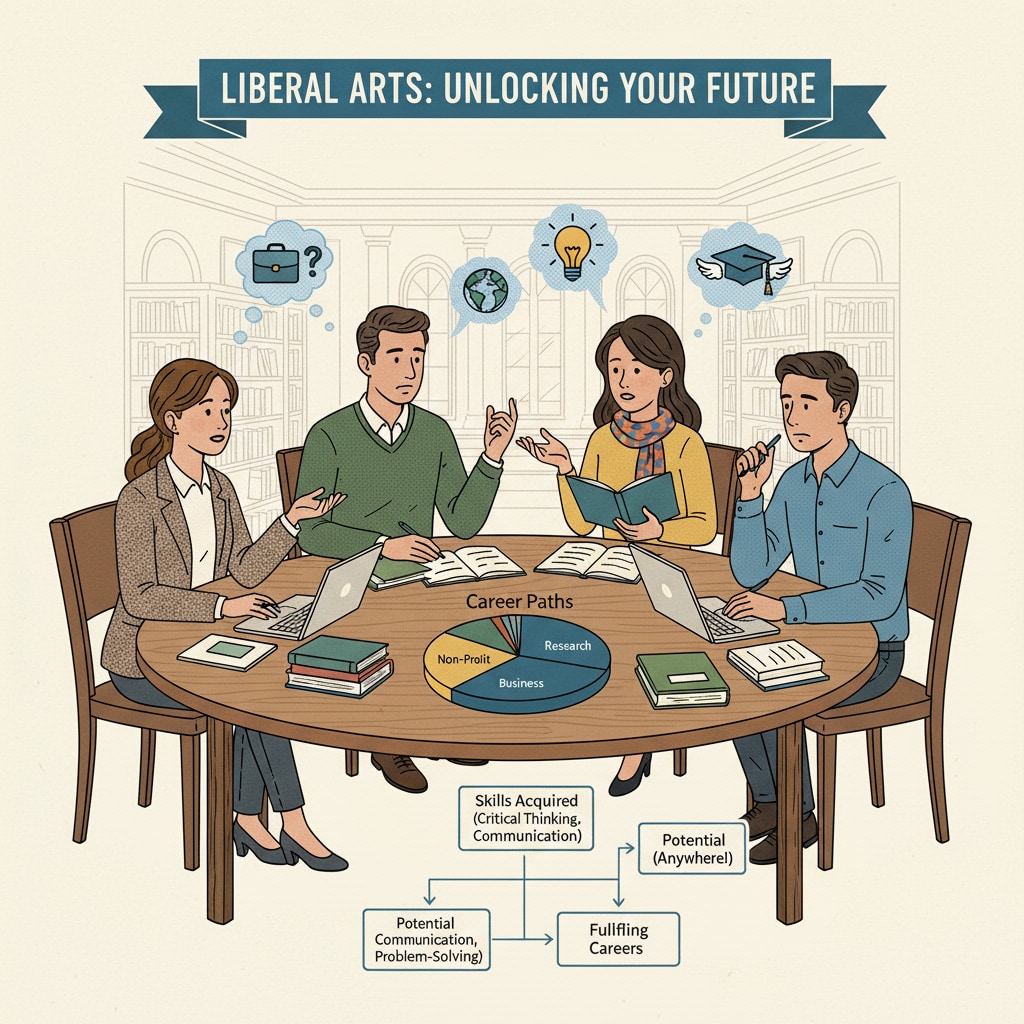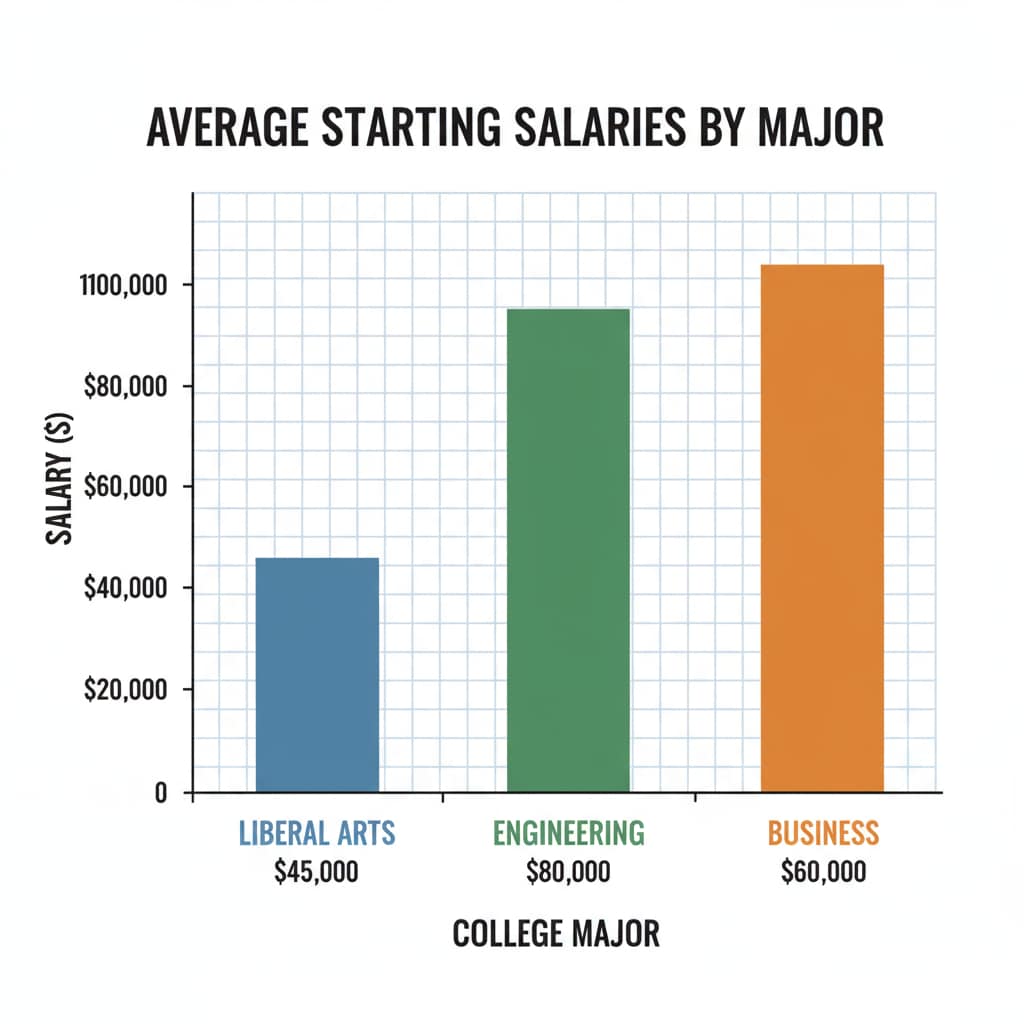Liberal arts education, career dilemmas, and financial independence are often intertwined issues for liberal arts graduates. In the context of the K12 education system, especially in special education, these graduates face unique challenges and opportunities. For instance, many liberal arts graduates find themselves at a crossroads, unsure of how to translate their broad-based knowledge into a lucrative and fulfilling career.

The Career Dilemmas of Liberal Arts Graduates
One of the main dilemmas liberal arts graduates encounter is the perception that their degrees lack direct vocational applicability. Unlike graduates from professional or technical fields, liberal arts majors may struggle to find clear career paths immediately after graduation. The skills they’ve honed, such as critical thinking, communication, and cultural understanding, are often undervalued in the job market initially. This can lead to limited job opportunities and lower starting salaries, making it difficult to achieve financial independence quickly. For example, a graduate with a degree in literature might find it challenging to land a well-paying job directly related to their major.

Turning Liberal Arts Background into an Advantage in Special Education
In the K12 special education field, liberal arts graduates actually have several inherent advantages. Their strong communication skills are invaluable when interacting with students with special needs, their families, and other members of the educational team. The ability to understand different perspectives, developed through the study of various liberal arts disciplines, helps them better empathize with and support students. Additionally, the creativity nurtured in liberal arts education can be used to design innovative teaching methods and individualized learning plans. According to ASHA’s guide on special education careers, these soft skills are highly sought after in special education settings.
However, to fully utilize these advantages, liberal arts graduates may need to acquire some specialized knowledge and skills related to special education. This could involve obtaining a teaching certification in special education or taking relevant courses to understand the unique learning needs of students with disabilities.
Readability guidance: As we can see, liberal arts graduates have the potential to thrive in the special education field. By leveraging their existing skills and acquiring new ones, they can overcome career dilemmas and move towards financial independence. Next, let’s explore how they can break through economic bottlenecks.
Breaking Through Economic Bottlenecks
Once liberal arts graduates have identified the special education field as a viable career option, they need to address the economic challenges. One way is to continuously enhance their professional skills through further education and training. This can lead to promotions and higher salaries over time. For example, obtaining an advanced degree in special education or becoming a specialist in a particular area of special needs can make them more competitive in the job market.
Another strategy is to explore additional income streams. Some special education teachers may offer private tutoring services outside of school hours or develop and sell educational resources online. According to Teach.org’s tips on increasing teaching income, these supplementary income sources can significantly boost their earnings.
In addition, networking is crucial. Building relationships with other professionals in the special education field can lead to better job opportunities, collaborations, and access to resources that can enhance their career growth and financial situation.
In conclusion, liberal arts graduates facing career dilemmas can find a fulfilling and financially rewarding path in the K12 special education field. By capitalizing on their liberal arts background, acquiring specialized skills, and taking proactive steps to improve their economic situation, they can achieve financial independence and contribute meaningfully to the education of students with special needs.


